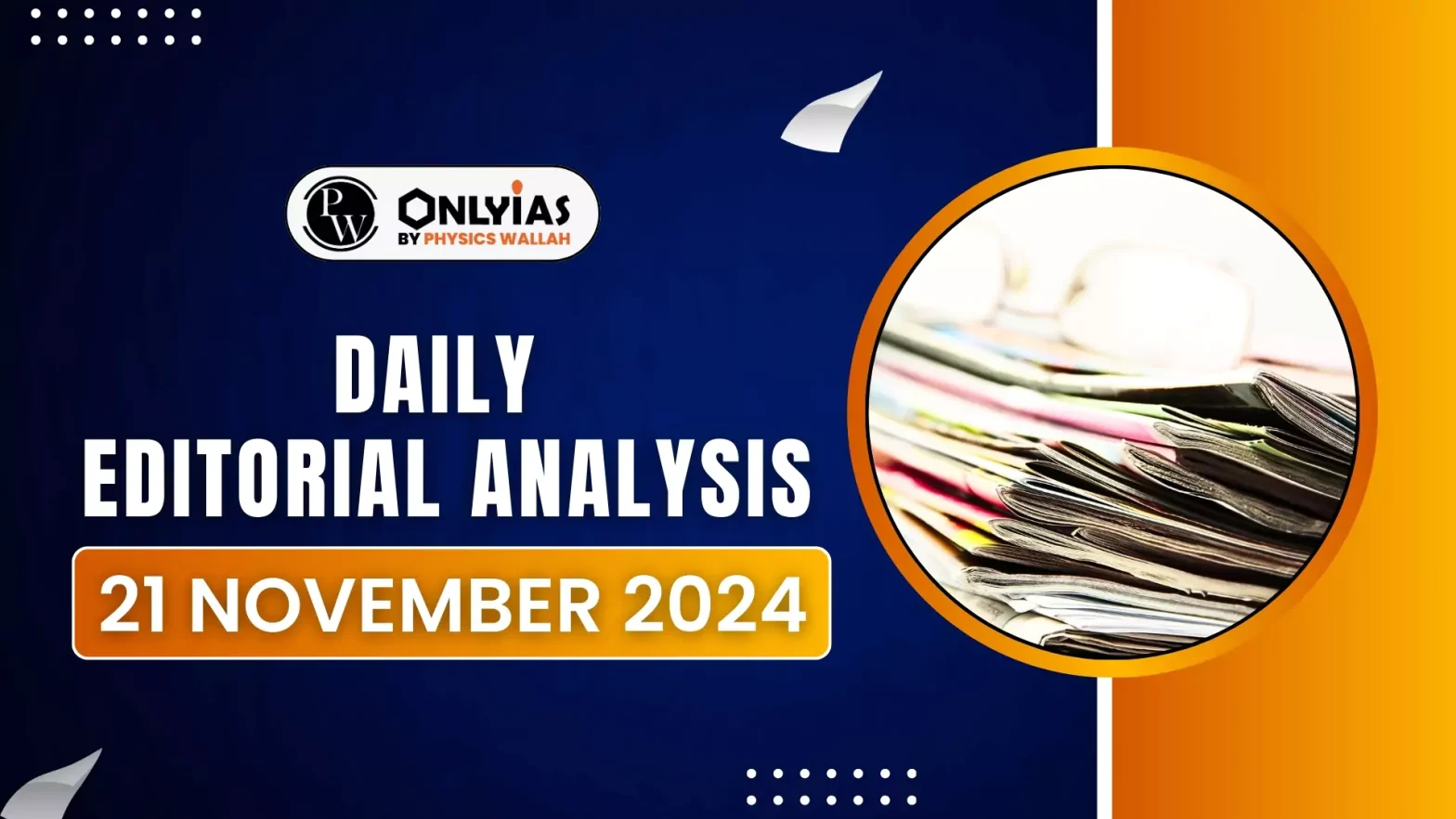The Uttar Pradesh State Women’s Commission proposed banning male tailors from taking women’s measurements and installing CCTVs in tailoring shops to prevent harassment.
- However, these measures risk reinforcing gender segregation, stigmatising professions, and infringing on privacy.
Key Recommendations of the Commission
- Only female tailors take measurements for women.
- CCTVs to be installed in tailoring shops.
- Female barbers attend to female customers in salons.
Note: The rationale behind the underlying assumption here is that usually, male involvement in these professions increases the risk of “bad touch” and molestation.
Enroll now for UPSC Online Course
Challenges with the Proposal
1. Economic Challenges
- Impact on Livelihoods: This could significantly harm self-employed tailors and barbers, many of whom rely on mixed customer bases and belong to lower-income groups.
- Financial Burden on Small Businesses: Small tailoring shops and salons, already competing with larger chains, would struggle with the costs of CCTV installation and maintenance.
- These expenses could lead to closures or reduced service quality, exacerbating their financial strain.
2. Operational Realities in Salons and Barbershops
- Salons:
- Gendered Services: Intimate services like waxing or hair removal are already carried out by women in private cubicles, ensuring safety and comfort for female clients.
- Open Floor Plans: Most salons have open layouts, enabling natural supervision and reducing the likelihood of inappropriate behaviour.
- Barbers:
- Many male barbers are conscious of the potential consequences of misconduct.
- They fear losing their reputation, and clients, or even being forced to relocate, which ensures self-regulation and professional behaviour.
3. Social and Cultural Challenges
- Reinforcement of Segregation:
- This reflects patriarchal ideas like the concept of “zenanas” from colonial times, which confined women to separate quarters, treating them as fragile and subordinate.
- Undermines Gender Equality:
- Segregation perpetuates stereotypes of women needing protection and men as threats, fostering mistrust over equality and respect.
4. Privacy and Ethical Concerns
- Installing CCTVs in tailoring shops or salons risks privacy violations, especially in sensitive areas like fitting rooms or waxing cubicles, eroding customer trust.
5. Symbolic vs. Systemic Issues
- The proposal targets external spaces while ignoring systemic issues like domestic violence and harassment, the primary source of harm to women.
Way Forward
- Focus on Attitudinal Change: Sexual harassment stems from societal attitudes towards gender.
- Strengthening support systems like shelters, helplines, and legal aid is crucial.
- Focus on fostering respect, consent, and equality, rather than segregation or surveillance.
- Breaking Stereotypes: Segregating professions and restricting male participation reinforces harmful and outdated stereotypes.
- It suggests that women cannot manage interactions with men professionally, undermining their independence and capabilities.
- Encourage Collaboration: Create inclusive spaces for men and women to work together in professions and community activities, breaking rigid gender roles and fostering mutual understanding.
Check Out UPSC CSE Books From PW Store
Conclusion
The proposal to segregate professions and introduce surveillance, though aimed at protecting women, poses challenges across various domains. Hence, a better approach aimed at fostering respect, consent, and gender equality is needed to address harassment effectively.
![]() 21 Nov 2024
21 Nov 2024
